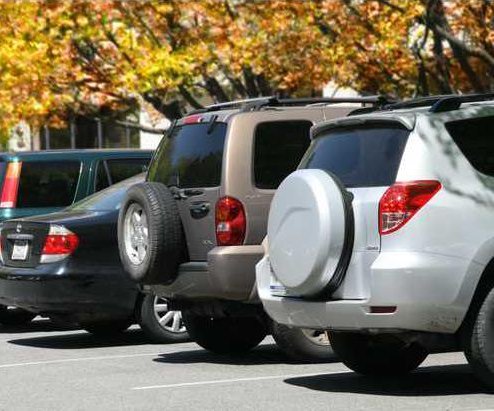As cooler weather settles in and heaters, candles and holiday lights make their seasonal debut, fire officials are urging residents to take simple steps to reduce the risk of home fires.
According to the National Fire Protection Association, home fires claim thousands of lives each year and cause billions in property damage. Many are preventable with routine checks and safe habits.
Here’s what local fire departments and safety experts recommend:
Heating Safety
- Keep space heaters at least three feet away from anything flammable, including curtains, bedding and furniture.
- Never leave a space heater unattended. Turn it off when leaving the room or going to sleep.
- Have your furnace professionally inspected and cleaned annually.
🕯️ Candle and Electrical Safety
- Use flameless candles whenever possible. If using real candles, keep them away from children, pets and anything that can catch fire.
- Always extinguish candles before leaving a room.
- Inspect holiday lights and extension cords for fraying or damage. Replace any worn items and avoid overloading outlets.
Kitchen Precautions
- Stay in the kitchen while cooking, especially when frying or broiling.
- Keep a fire extinguisher within reach and know how to use it.
- Turn pot handles inward to prevent accidental spills and burns.
Smoke Alarms and Escape Plans
- Test smoke alarms monthly and replace batteries at least once a year.
- Install alarms in every bedroom, outside sleeping areas and on every level of the home.
- Create and practice a home fire escape plan with all household members. Identify two ways out of each room and a designated meeting spot outside.
Seasonal Maintenance
- Clean out dryer vents and lint traps regularly to prevent buildup.
- Store matches and lighters out of reach of children.
- Dispose of fireplace ashes in a metal container and keep it outside, away from the home.
Fire prevention isn’t just about equipment—it’s about habits. A few minutes of preparation can mean the difference between a close call and a catastrophe.
For more information or to schedule a home safety inspection, contact your local fire department or visit nfpa.org.




